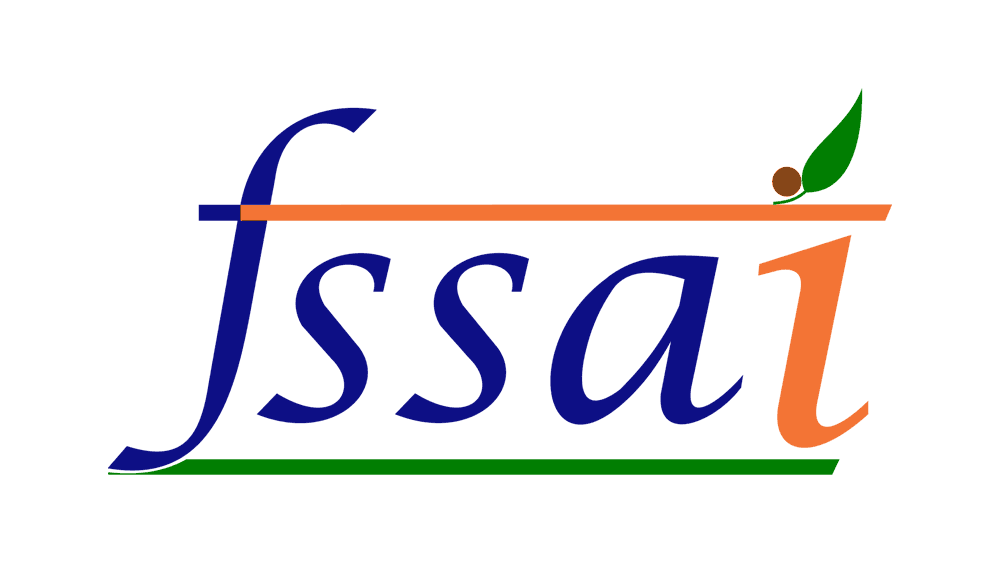
Taking a control on the food being supplied and to formulate the regulatory controls, FSSAI is bringing all the e-commerce and food-tech start-ups under the food safety policy.
With rising concern of safe food, e-commerce partners being the main partners to deliver the food to the door, FSSAI has recommended a strong policy to deliver fresh and healthy food.
Hence, in order to provide consumer with uniform level of protection through the availability of the option of making informed choices, FSSAI organised an open discussion with leading players and experts to deliver safe food to consumers.
A meeting with Food Business Operators (FBOs) in India, to discuss concerns of such food businesses and to formulate due regulatory controls on such businesses, was conducted on 18th March, 2016 at 11 AM at 4th floor conference room, FDA Bhawan FSSAI under the chairmanship of CEO, FSSAI. Here are few takeaways from the discussion:
1) Ensuring safe and wholesome food : After round of introduction, CEO, FSSAI explained the mandate of FSSAI, of ensuring safe and wholesome food to the citizen of India followed by a brief presentation on the need of formulating regulations for e-commerce food businesses. The officers at FSSAI clarified that not only manufacturing and processing but also packaging, storage, transportation, distribution, import of food, food services, catering services, sale of food or food ingredients has been defined as ‘Food Businesses’ in the FSS Act, 2006 and thus covered under the ambit of FSSAI. Therefore as per the definition, the e-commerce platforms, selling/buying food products as well as facilitating food related services would fail under the purview of FSSAI.
2) Seamless experience: The members also suggested that buying and selling of food products should be a seamless experience for consumers and that consumers should have access to the digital imprint of all the information of food products so as to make an informed choice. He further emphasized the need for safeguards on e-commerce in order to avert any food frauds.
3) Food Hygiene: CEO FSSAI also informed about the Project Clean Street Food recently initiated by FSSAI, to promote food hygiene among street food vendors. Drawing parallels, he stated that reaching out to all kinds of food businesses and getting all kinds of FBOs on board is imperative for evolution of food Authority as well as e-commerce food business. He further informed that the FSSAI license no, is a unique identity no for food businesses and displaying this no prominently on food business premise is mandated under law.
4) Food licensing: CEO, FSSAI opened the forum to seeking opinion of the players. It was informed by representatives of Amazon that they are not buying any food products, but offering storage for these products and has already taken license for the same. It was added by the representative from Snapdeal that, along with their entire consumer centres already licensed, they also ensured that they buy food products which are licensed, however, they expressed that displaying details of the FBOs on their websites would be a problem. Ish Anand, COO, Just Buy Live, expressed the ambiguity regarding obtaining a license for transportation of food. Saurabh Kocchar of foodpanda emphasized the need for deriving a common solution for enforcing compliance, as the different business models; exist in the food e-commerce sector.
5) Cashing on comsumers: On the issue of establishing liability in case of food grievance, it was stated by Amazon that their customer care services take up any grievance with the manufacturer and time limits for redressal are defined and refunds. If necessary are also given. It was supplemented by representatives of Snapdeal that it has been mandated to upload any consumer complaints on the Jago Grahak Portal. Further on their query of making available details of licensed FBOs on the FSSAI website, it was informed that all such information is already available in the public domain. It was suggested by Amazon that a list of repeated defaulters may be sent to FSSAI and necessary action could be taken against them. Nandita Shetty from Innerchef requested that a separate category for online marketers may be incorporated in the FLRS.
6) Way forward: Replying to all the issues raised, CEO, FSSAI, expressed that FSSAI and e-commerce FBOs have a common goal of maintaining the consumer trust and continuous work needs to be done to realise this goal. To dispense with the ambiguity regarding licensing, CEO, FSSAI informed that delivery and storage are components of food businesses and thus are covered under FSSAI ambit.
7) Food Safety App: CEO, FSSAI, informed the members about the FSSAI app on Food Safety which was launched recently for empowering consumers to make informed choices and to report any food safety concerns. He emphasized the need of building global confidence and realising the objective of safe and hygienic food to all. He encouraged the e-commerce FBOs to commit to the objective of Food Safety and promote the same by reaching out to other FBOs. He rationalised that adherence to regulations and guidelines would facilitate e-commerce food businesses through developing consumer trust. He encouraged the e-commerce players to promote the FSSAI app on their websites to generate consumer awareness on food safety.
CEO, FSSAI, expressed serious concern on misleading representation of food products in e-commerce platforms and directed for complete sanitization on misleading claims in e-commerce platforms. Finally, CEO, FSSAI, requested a draft regulation for e-commerce food businesses may be developed, in consultation with the representatives from all the e-commerce companies, taking into consideration the nuances of different e-commerce businesses. It is suggested that e-commerce division (FICCI) would be requested to coordinate this effort.
Copyright © 2009 - 2024 Restaurant India.









